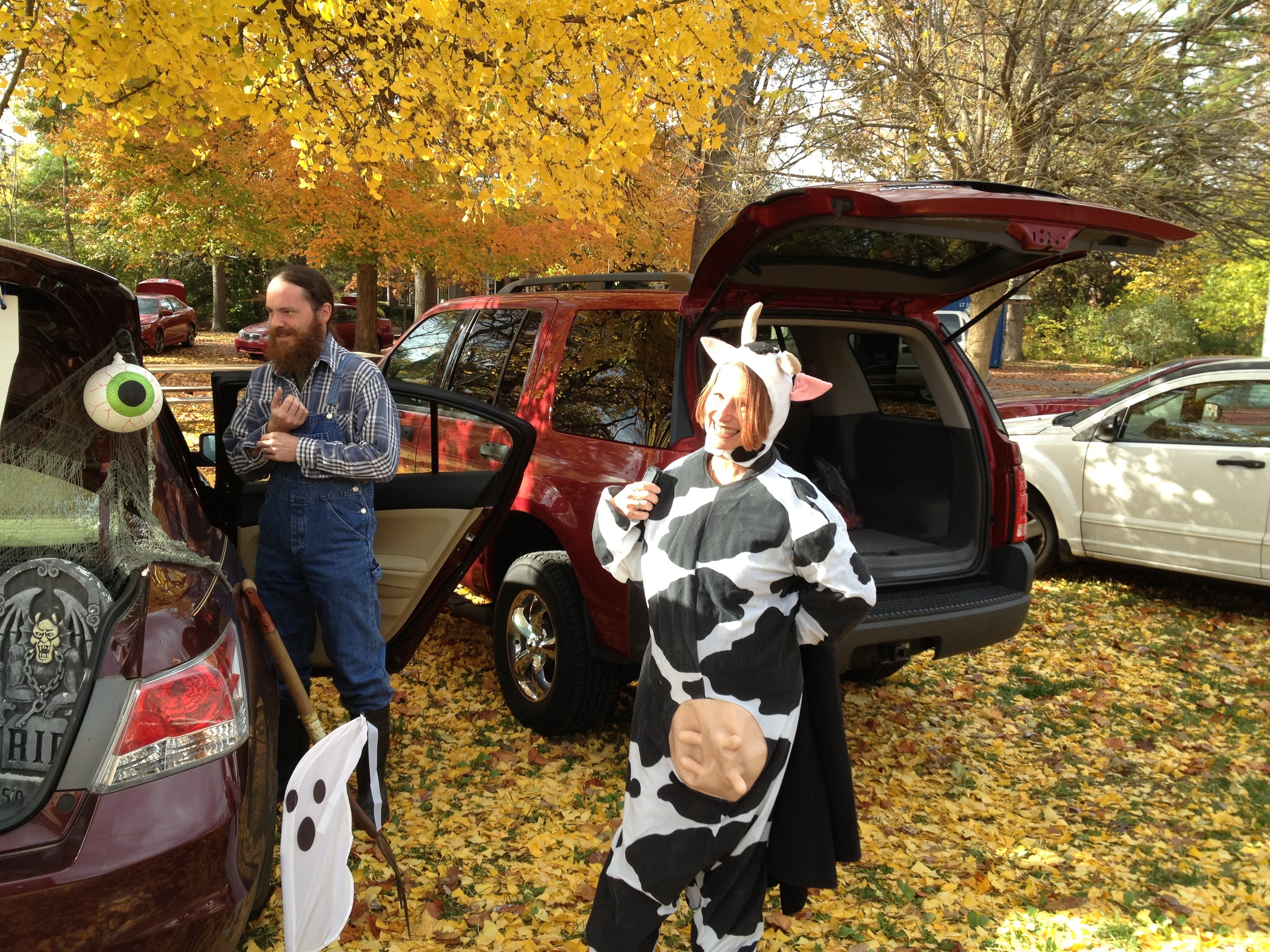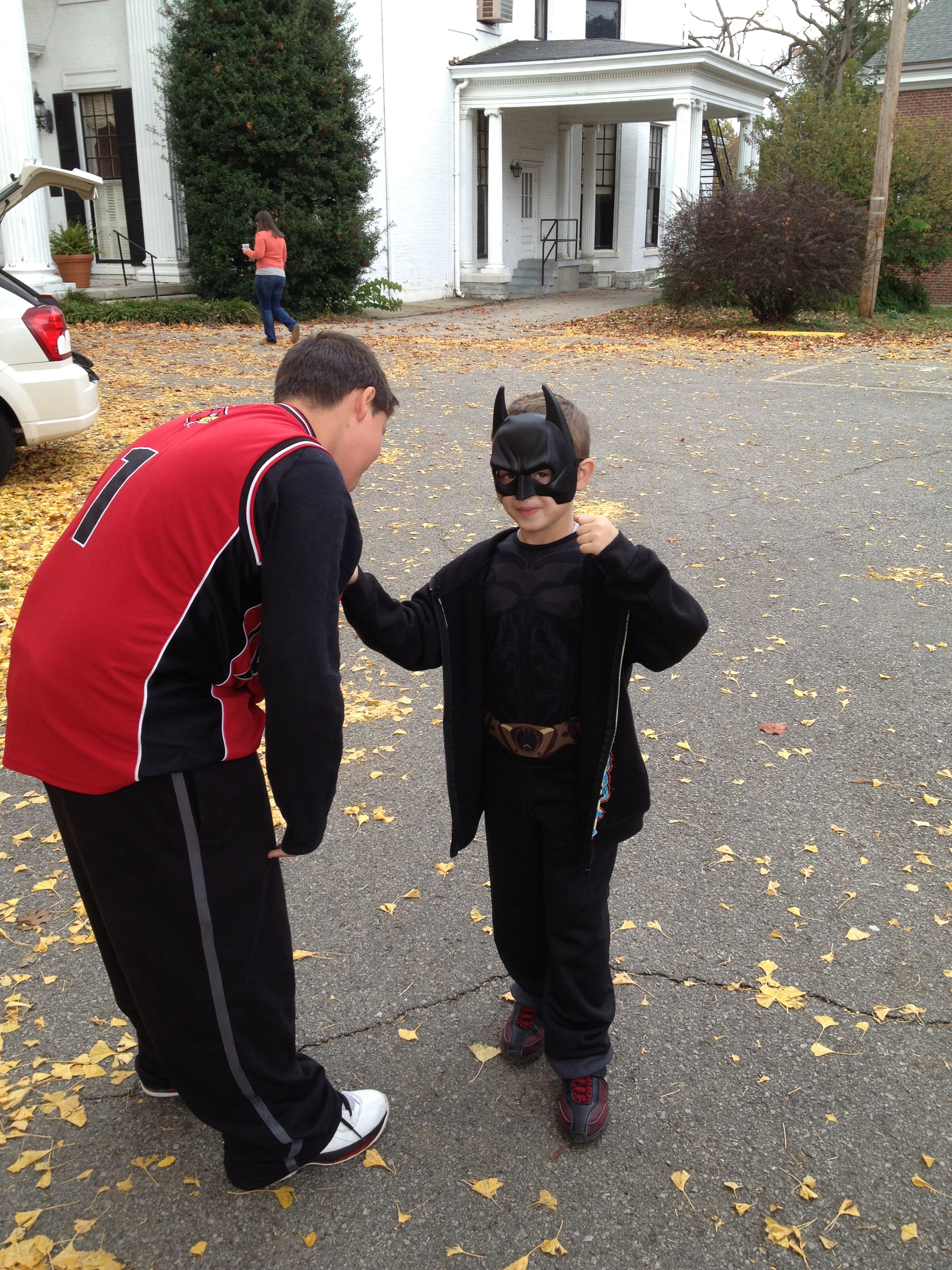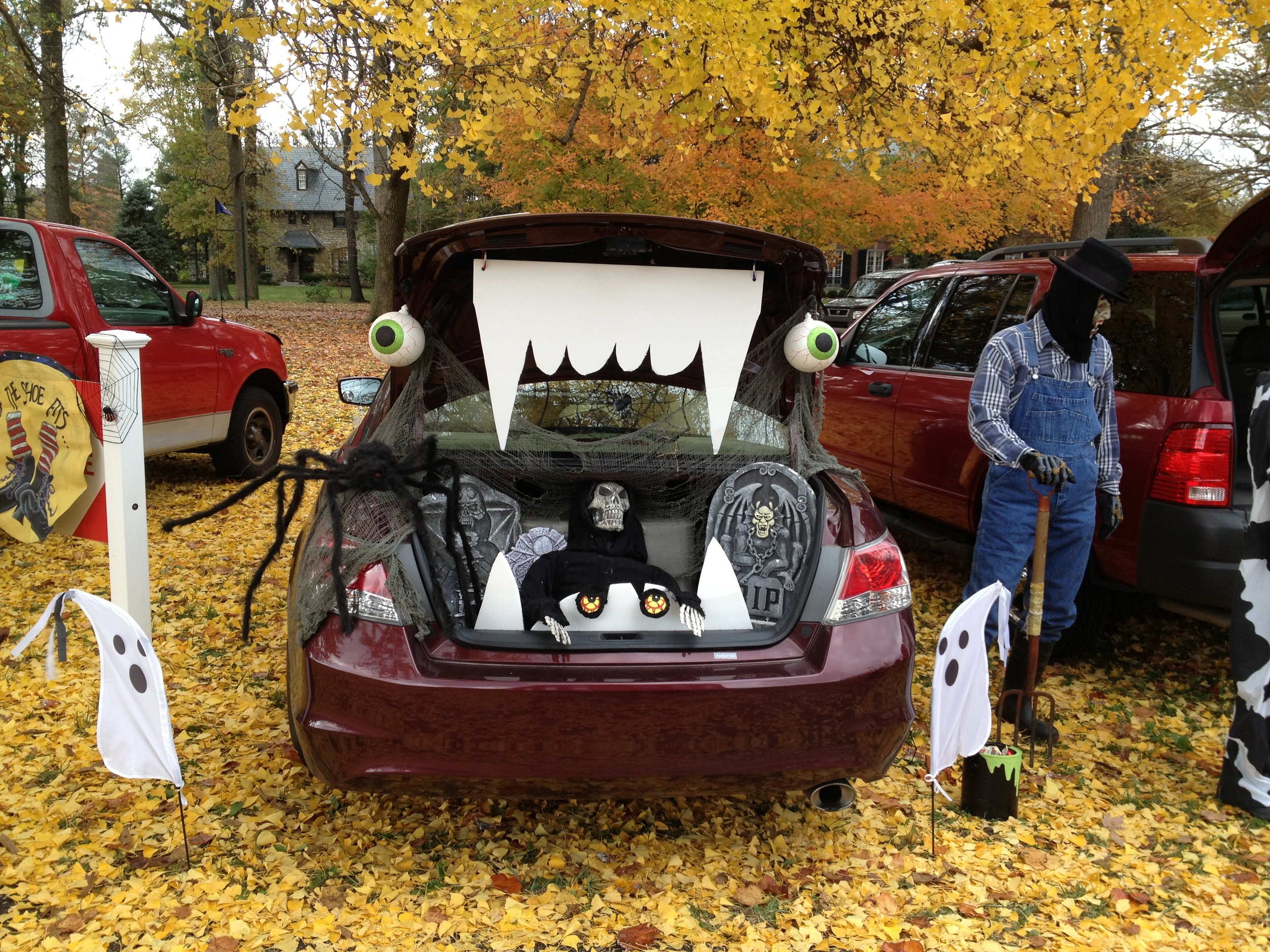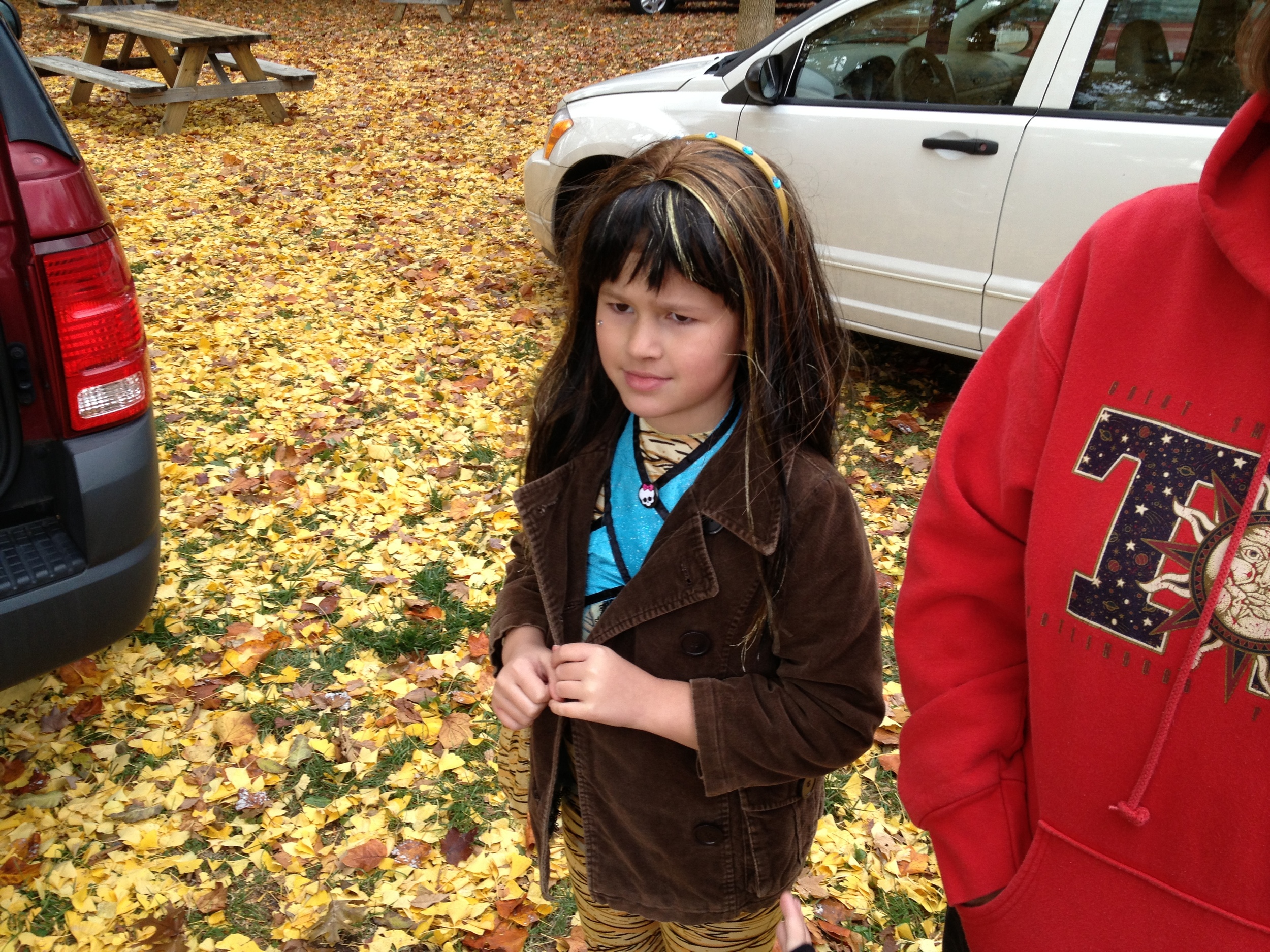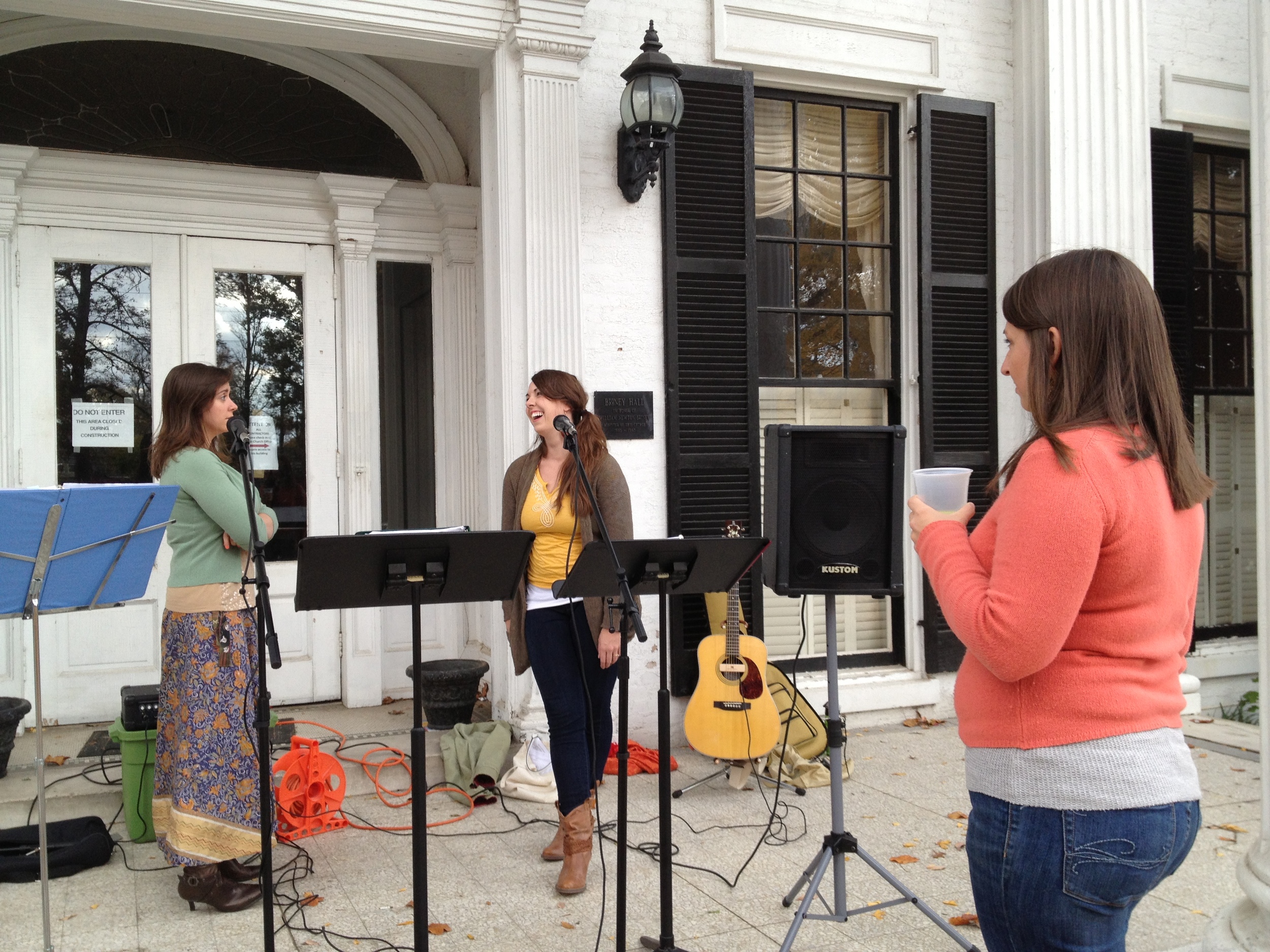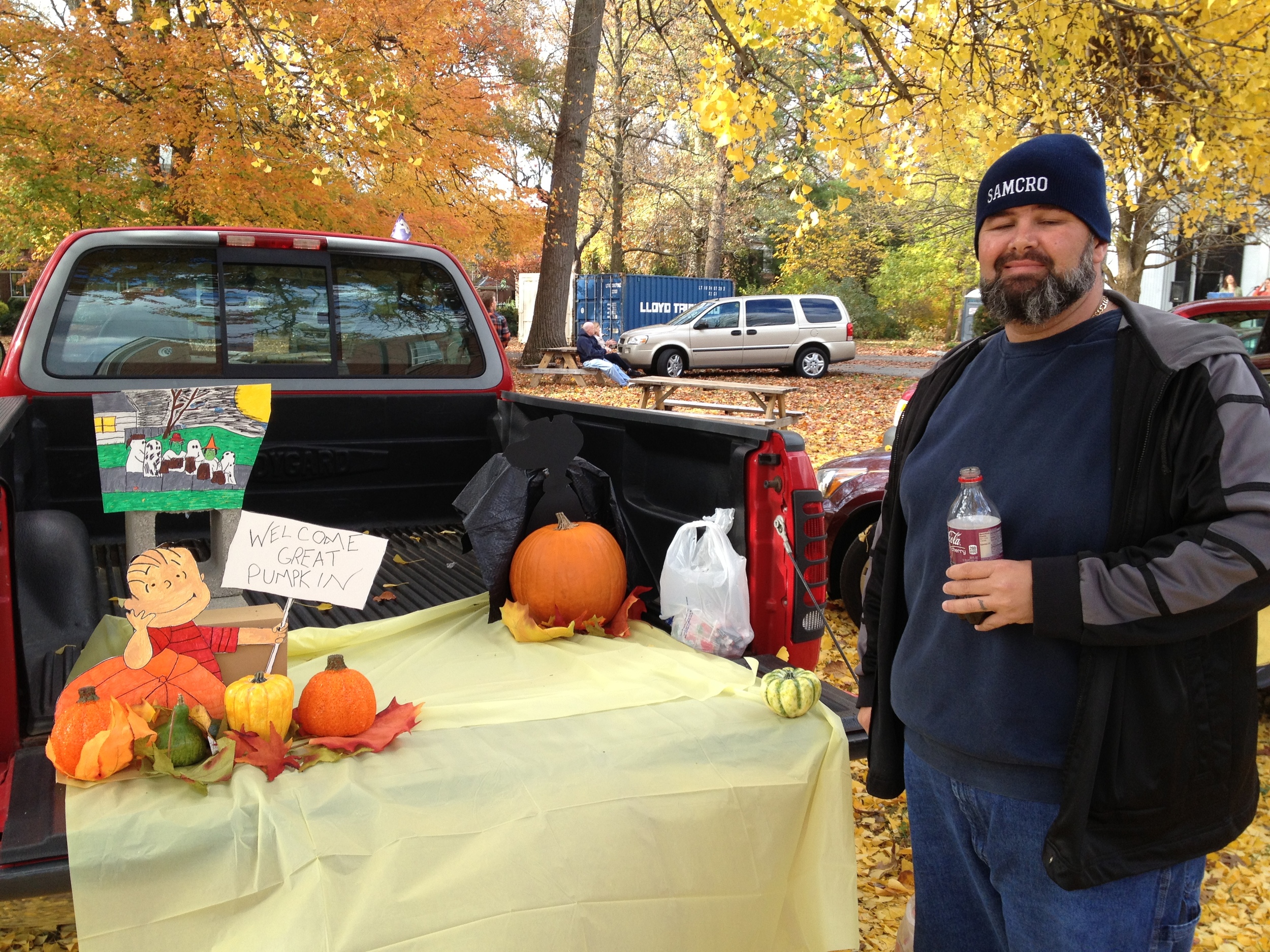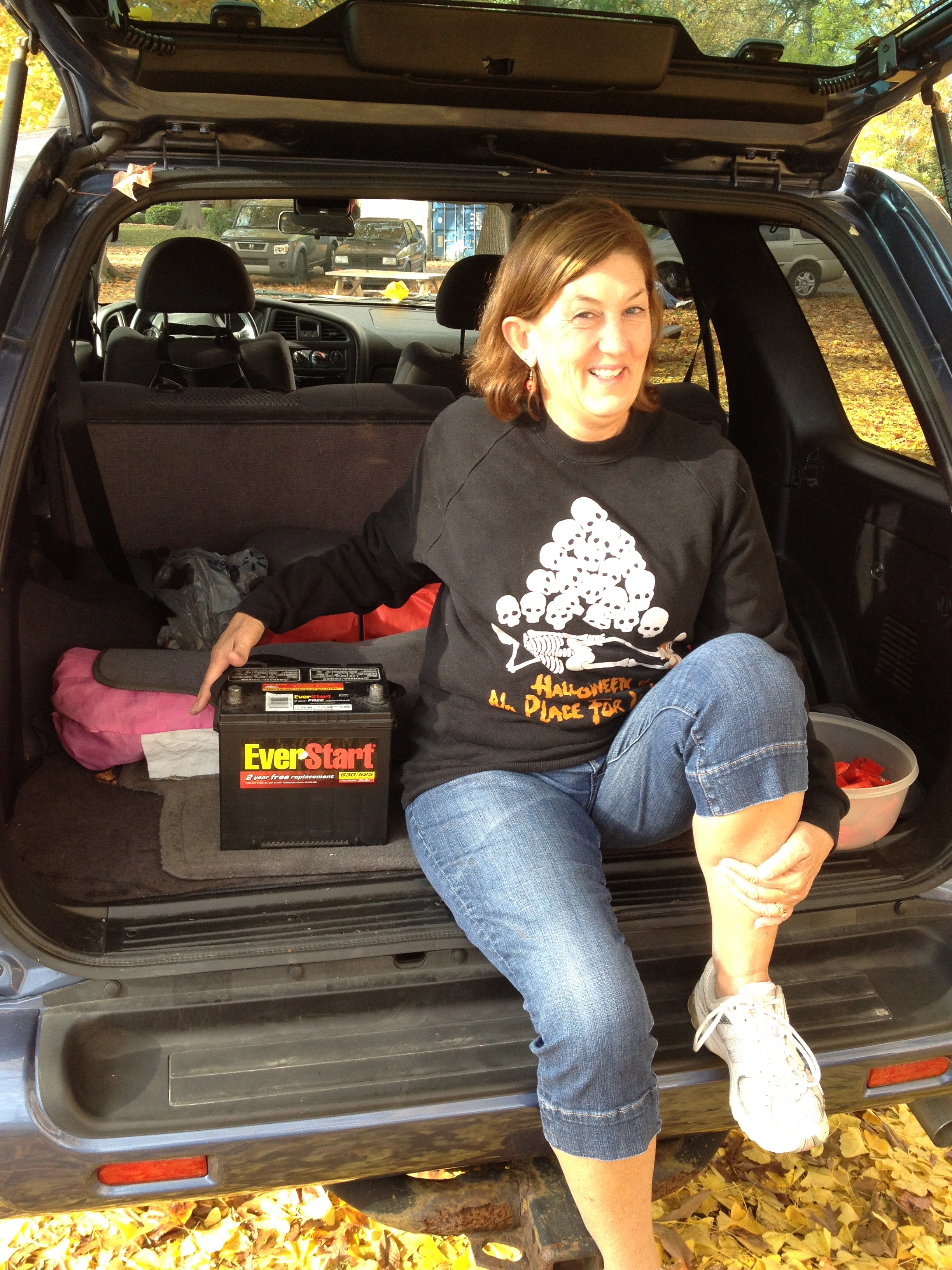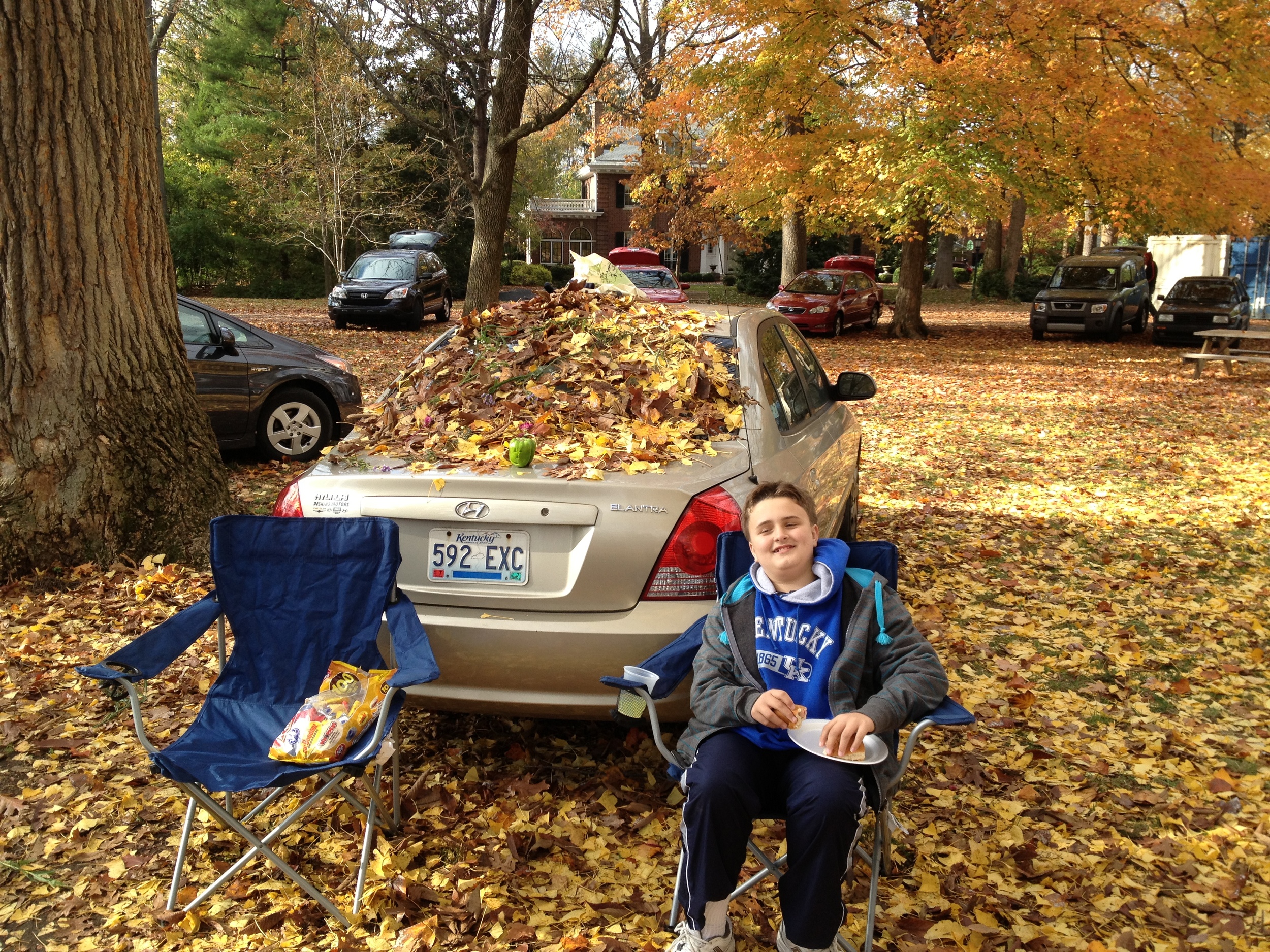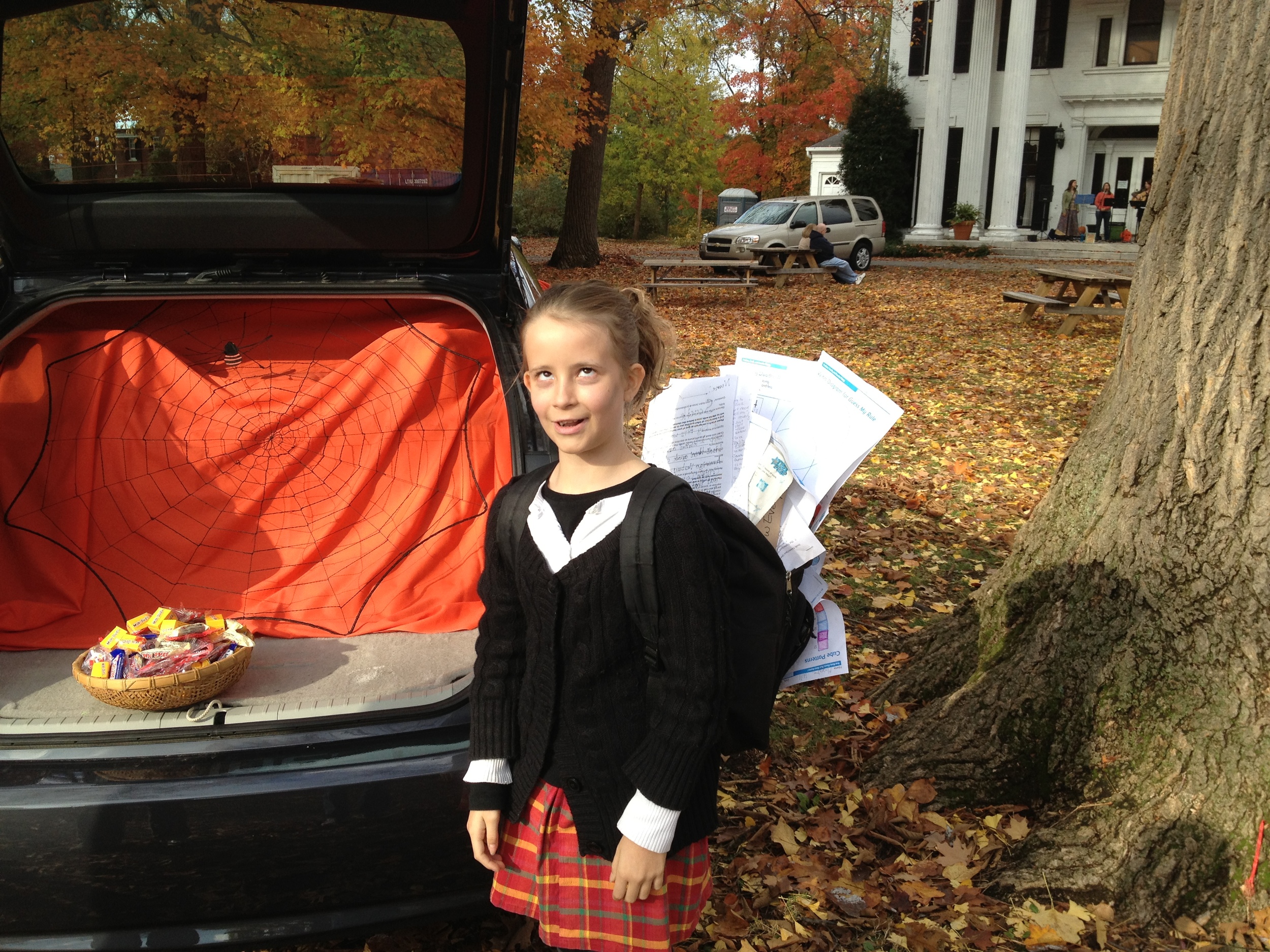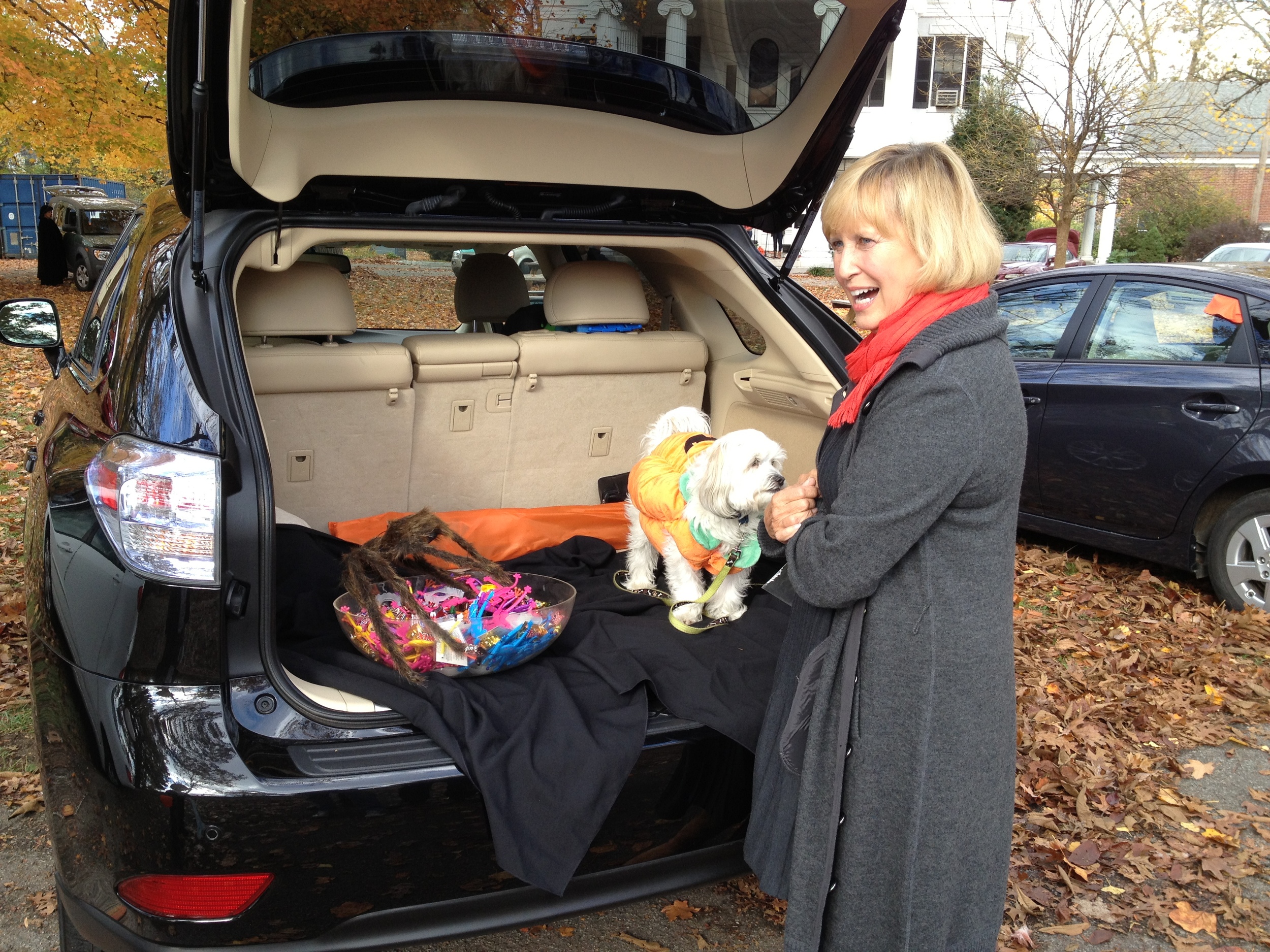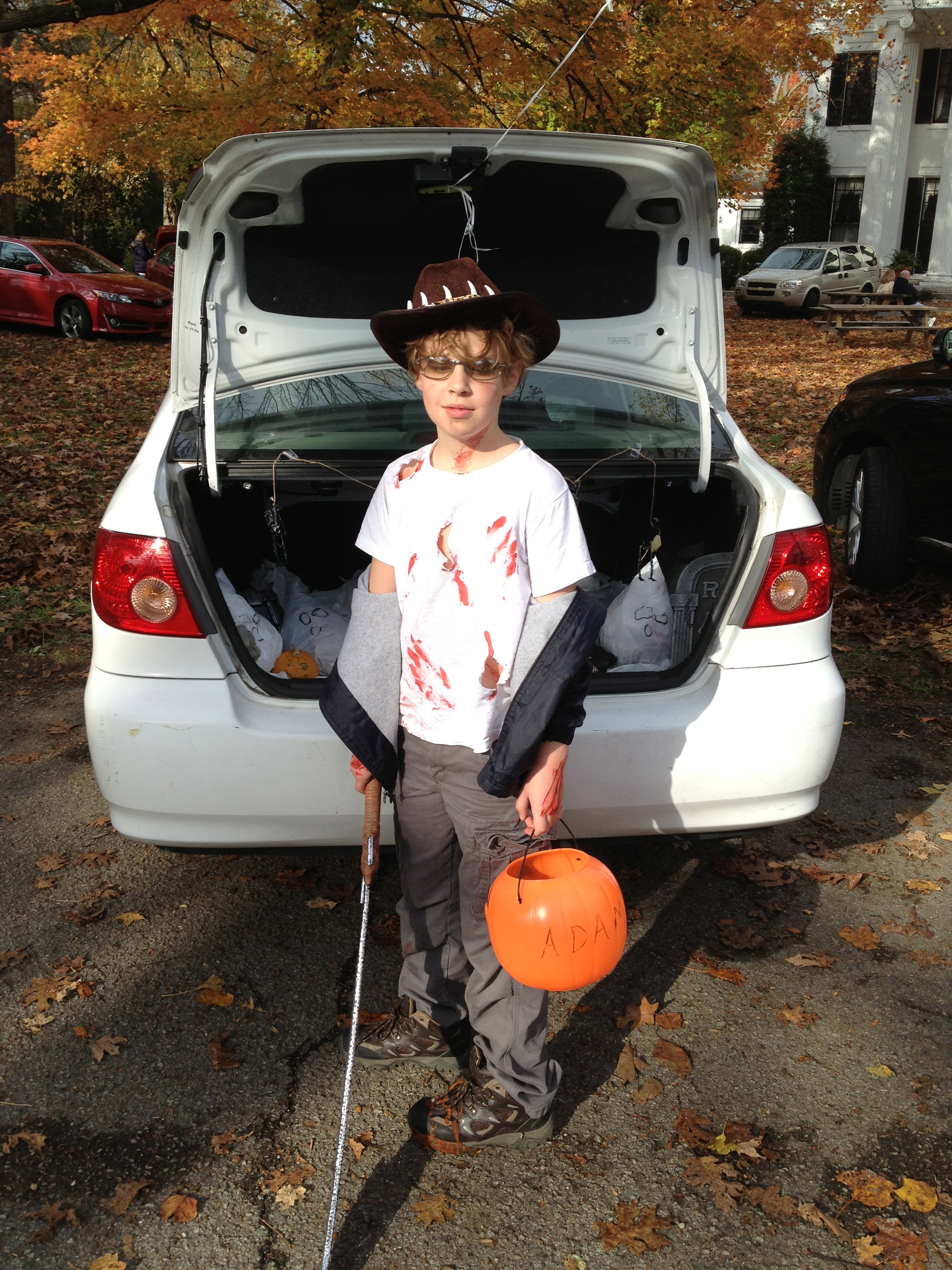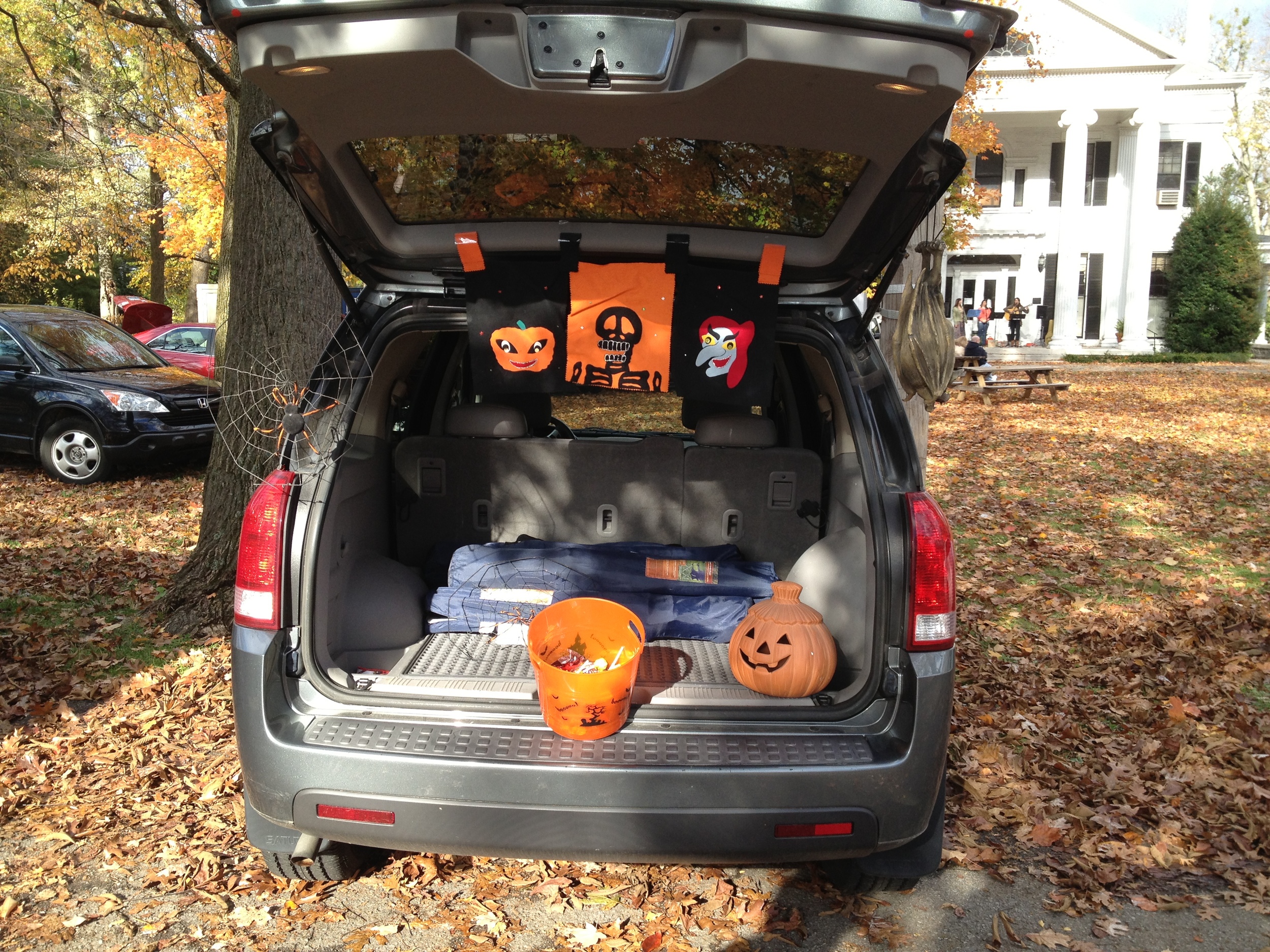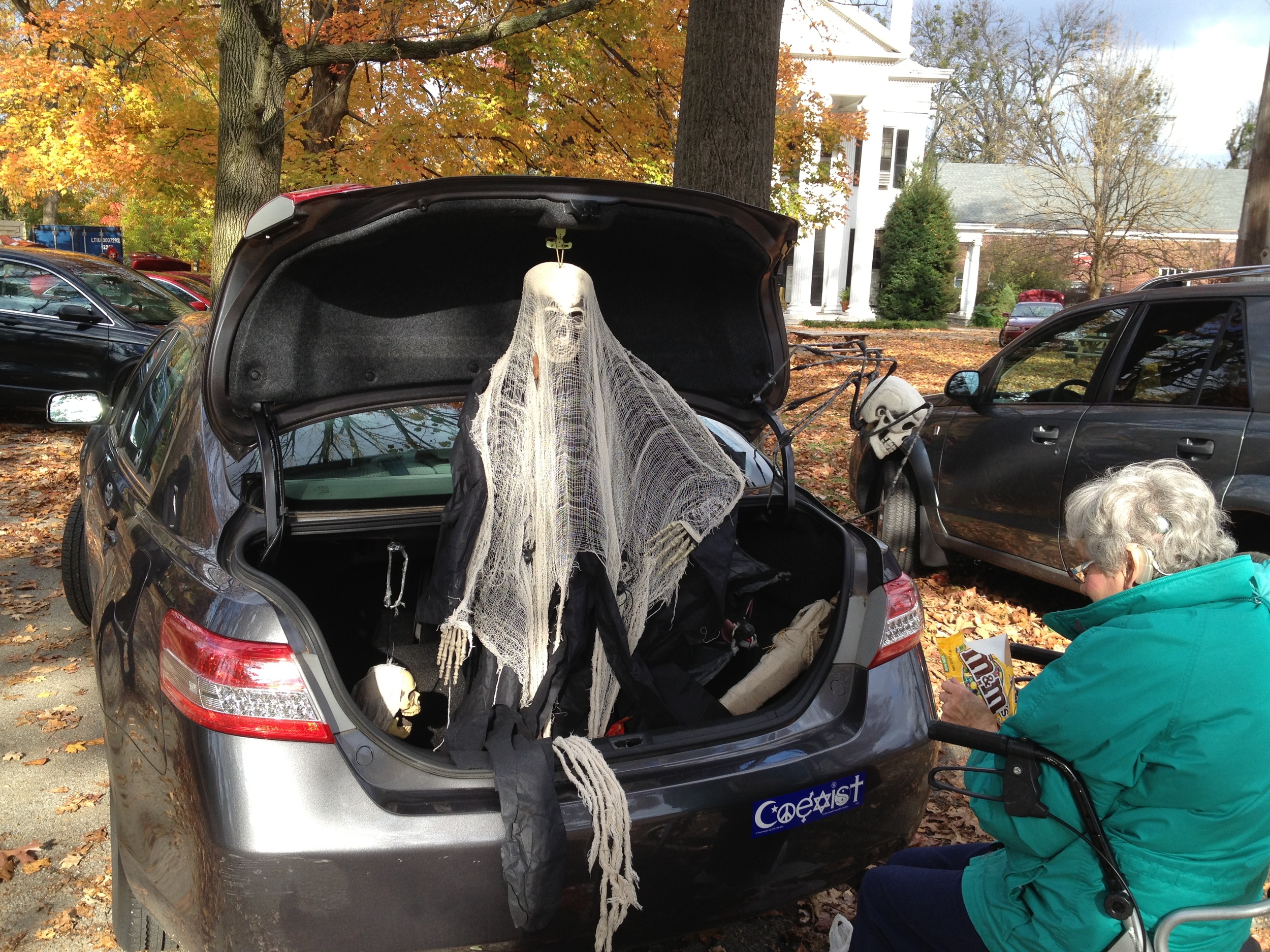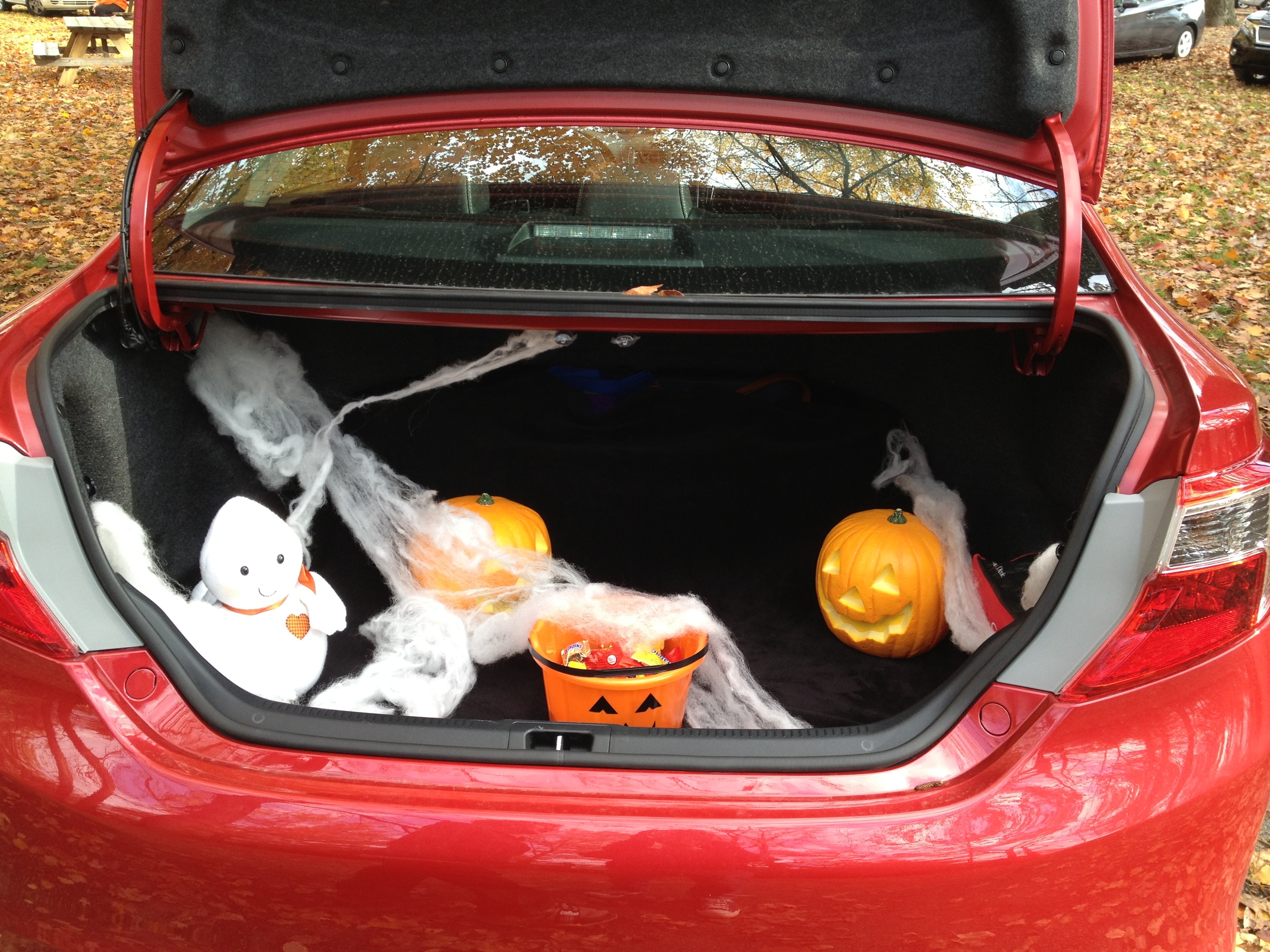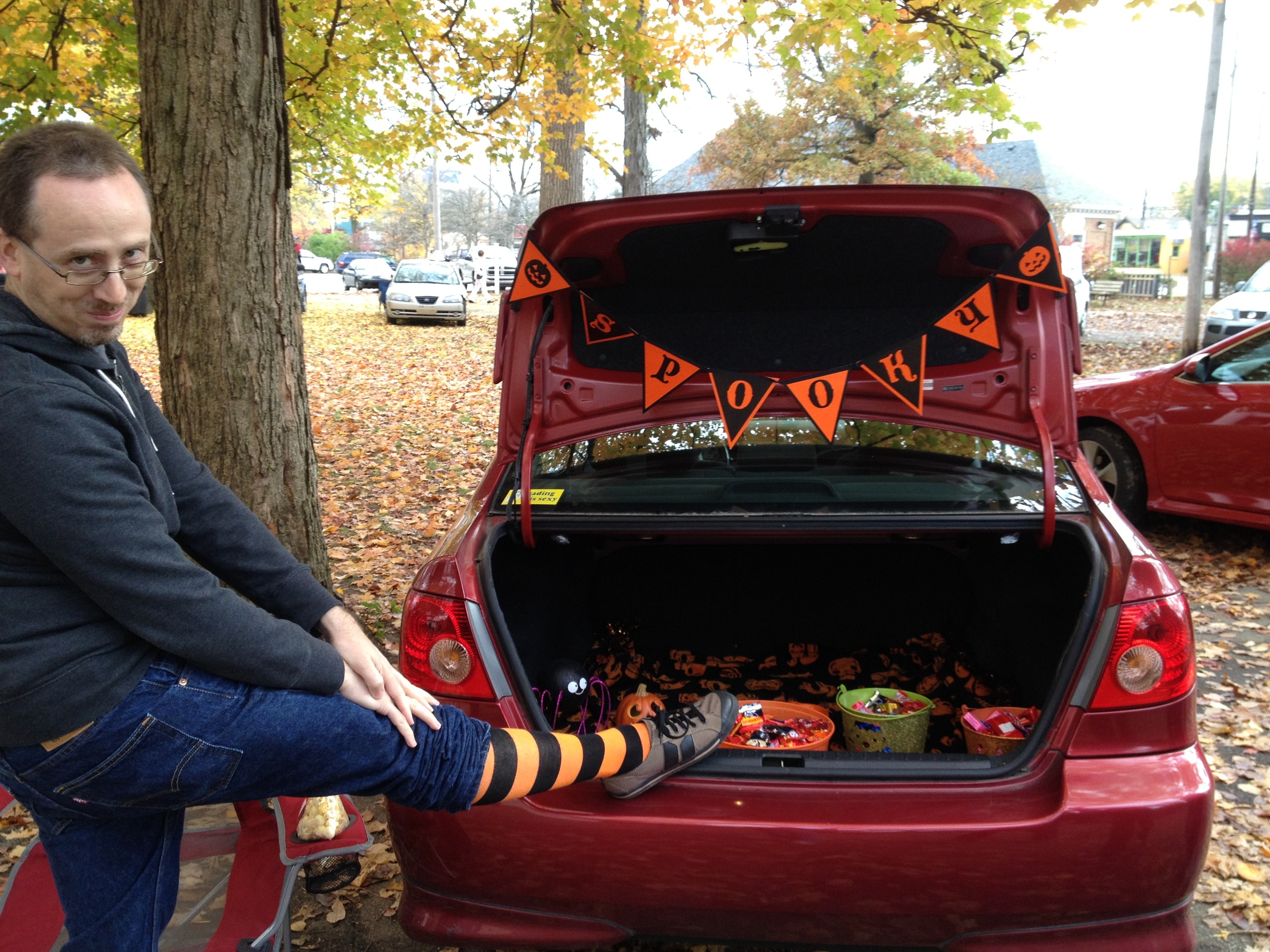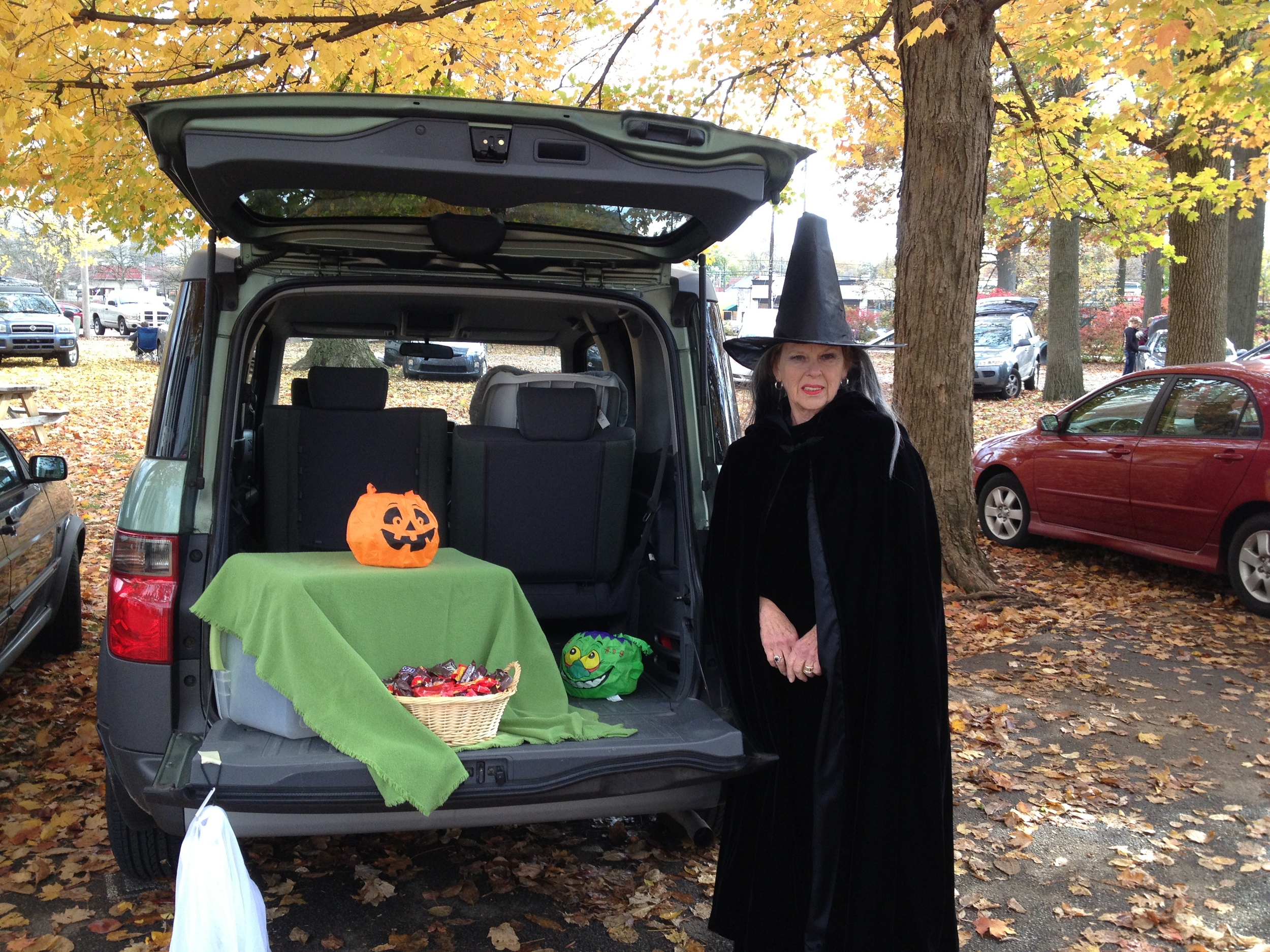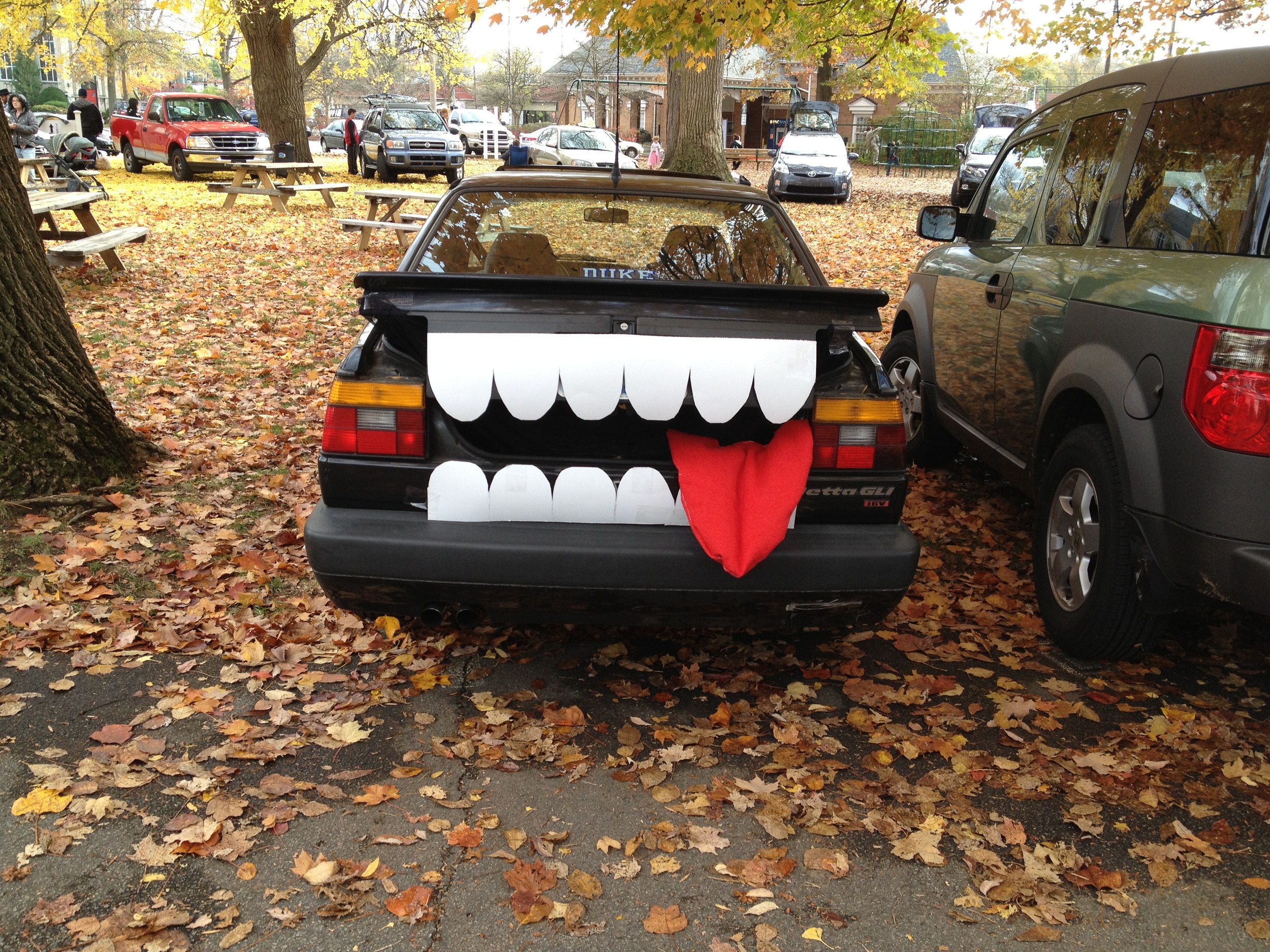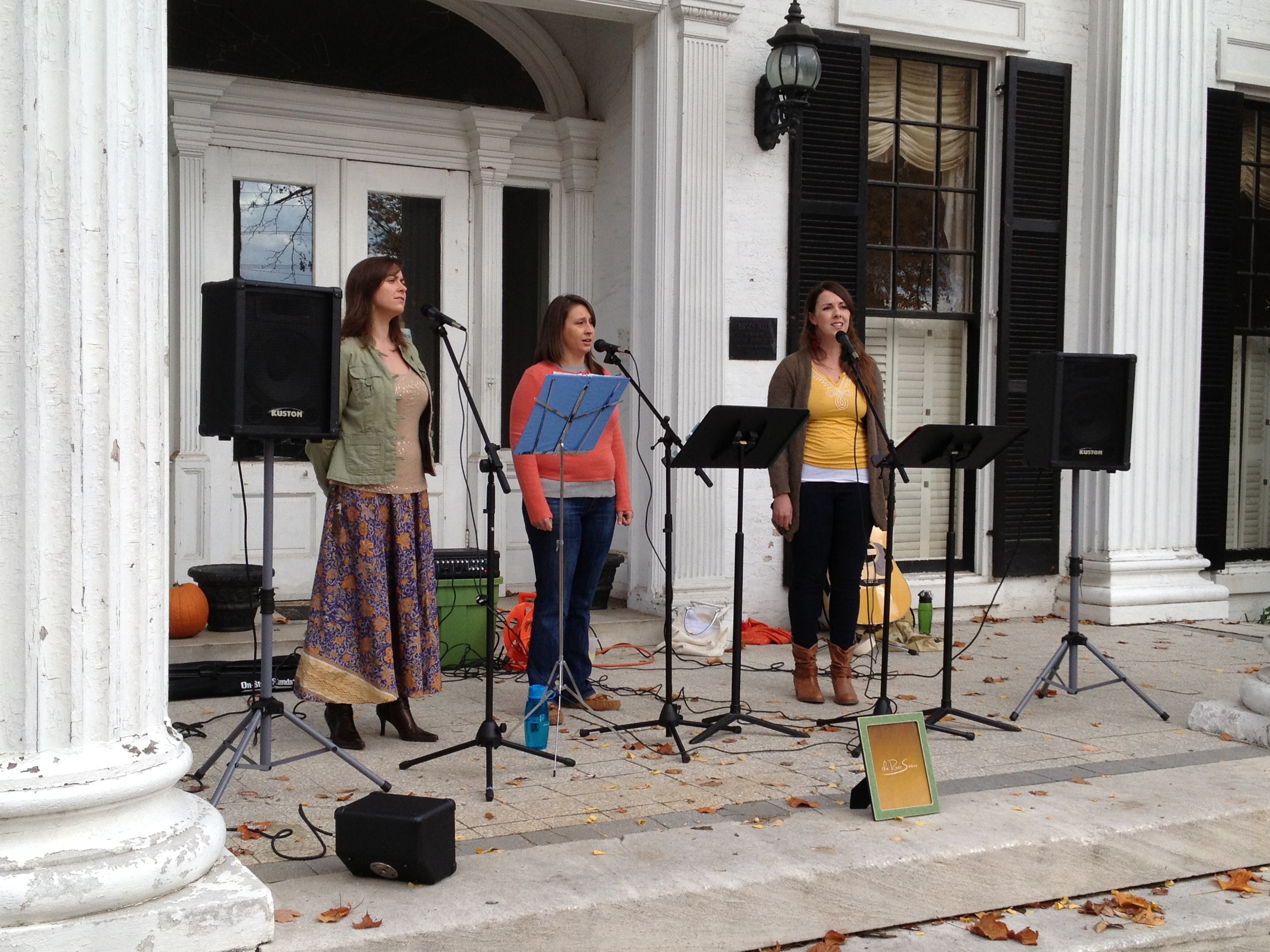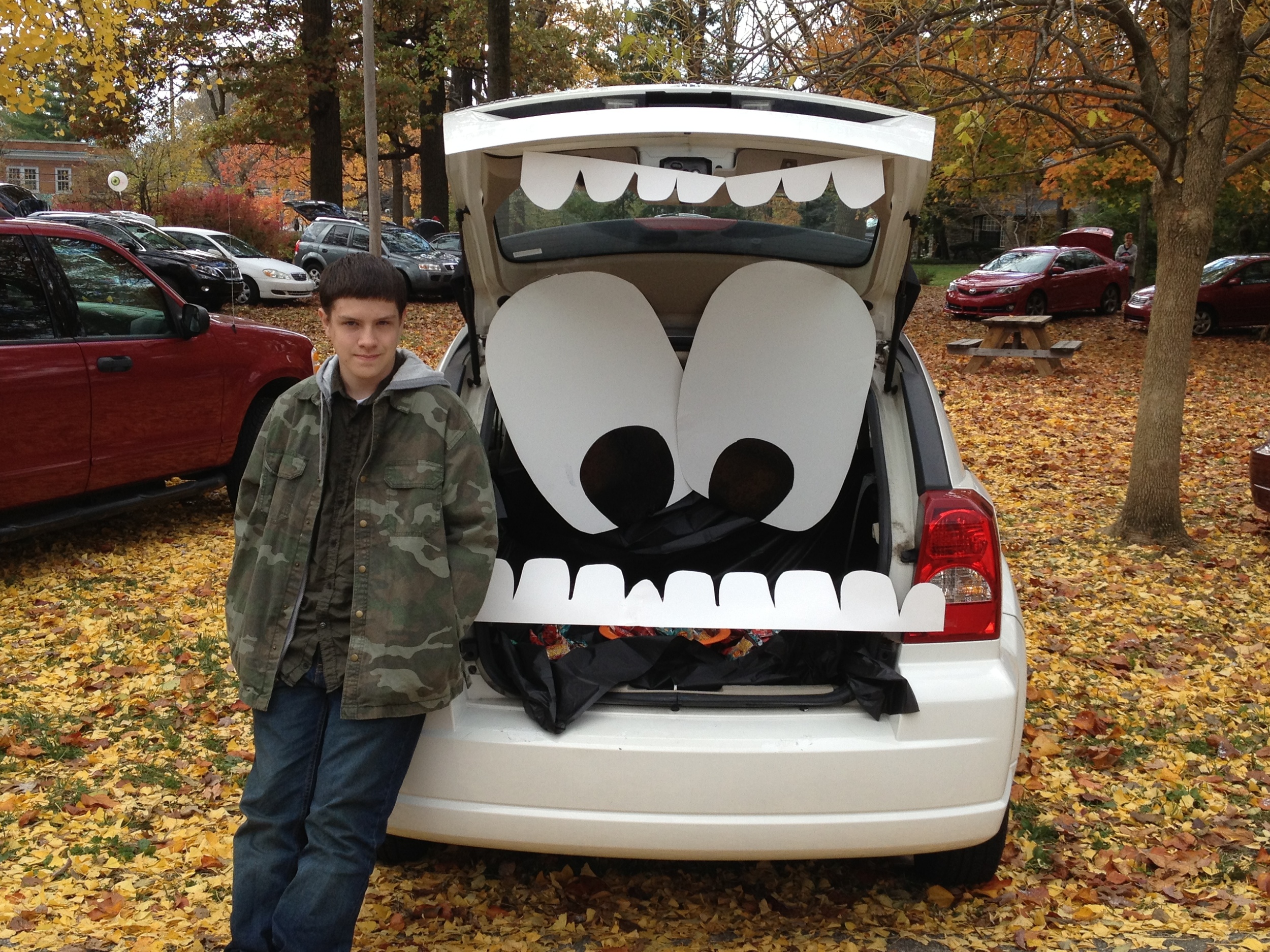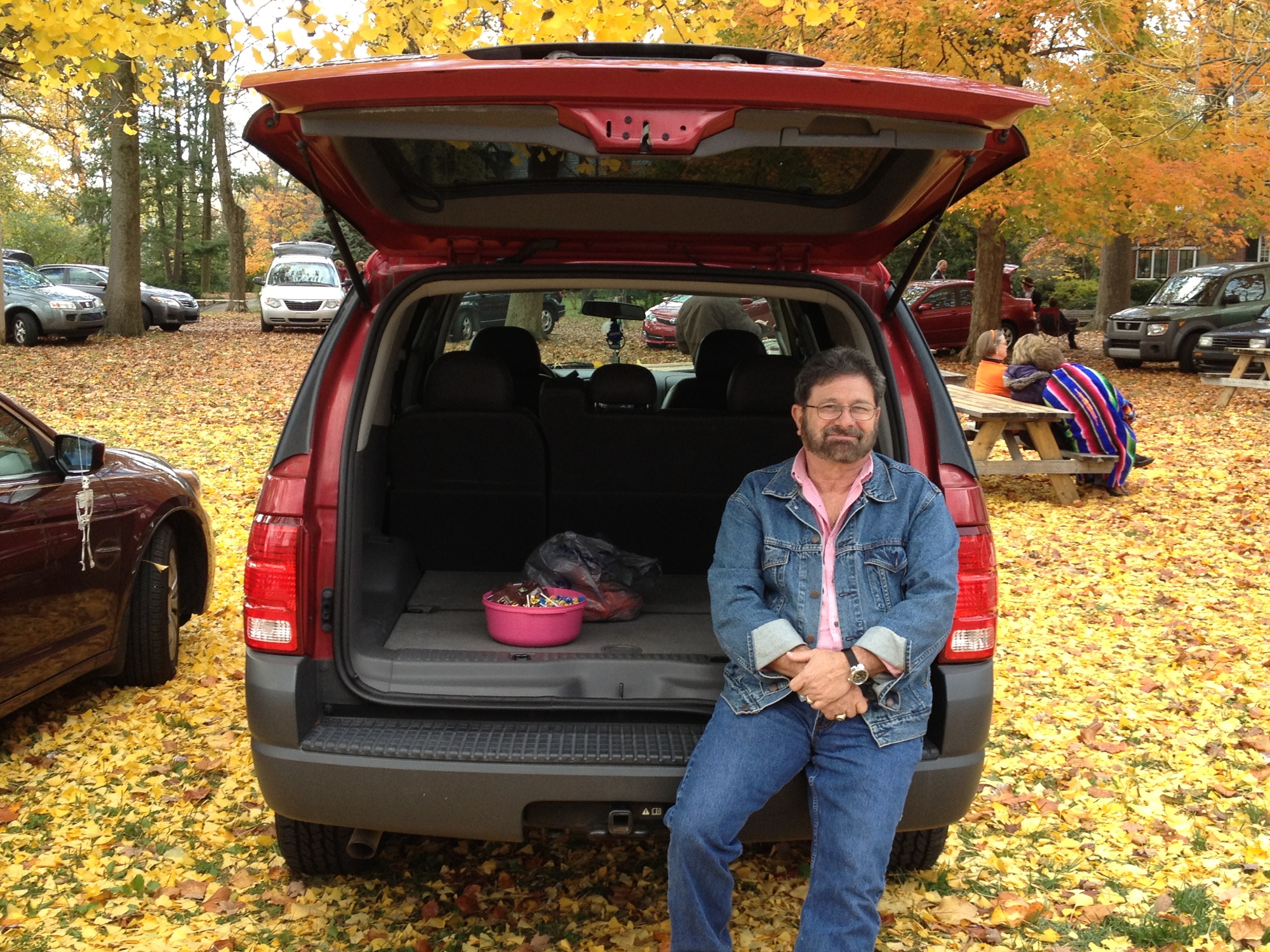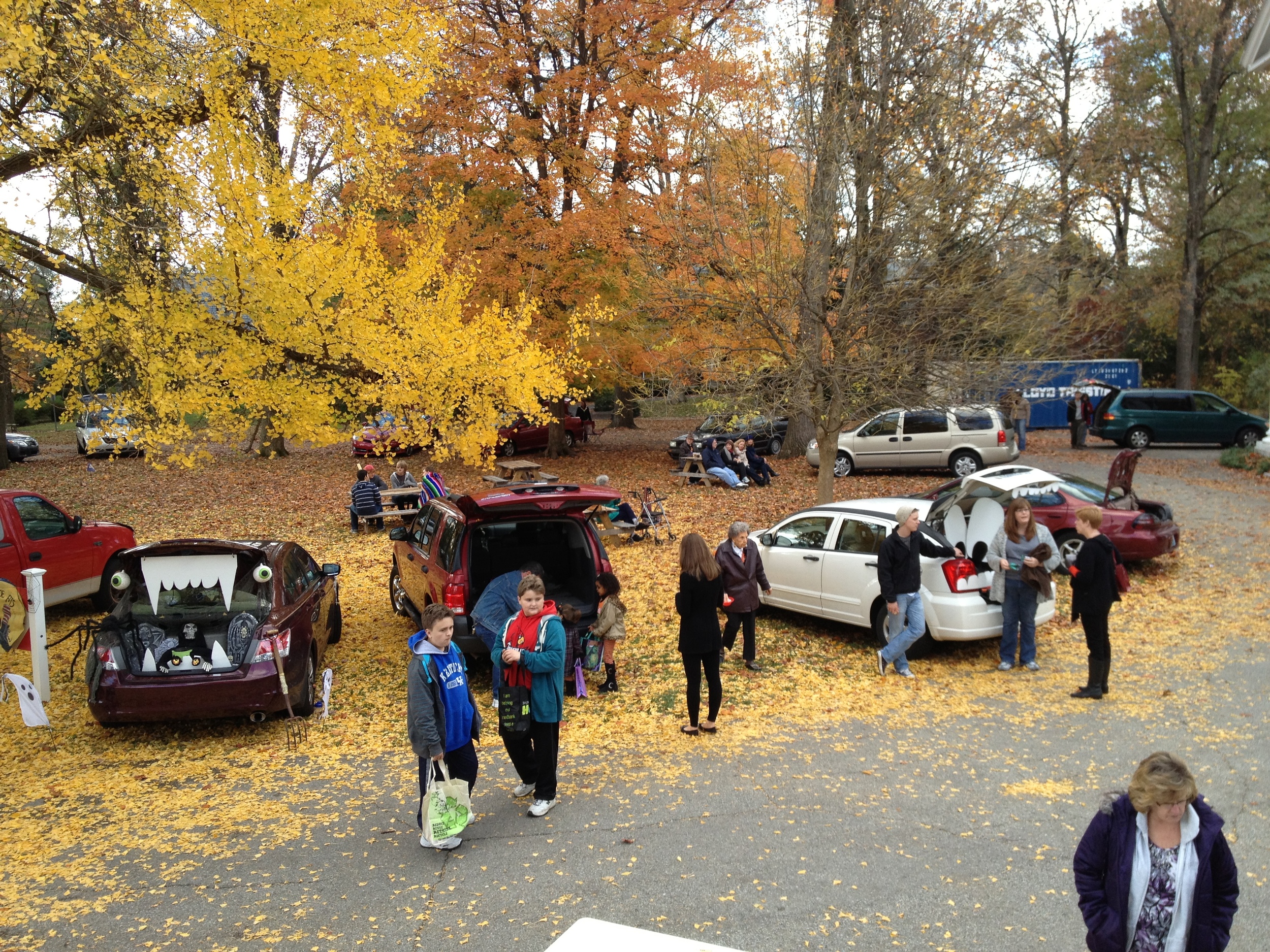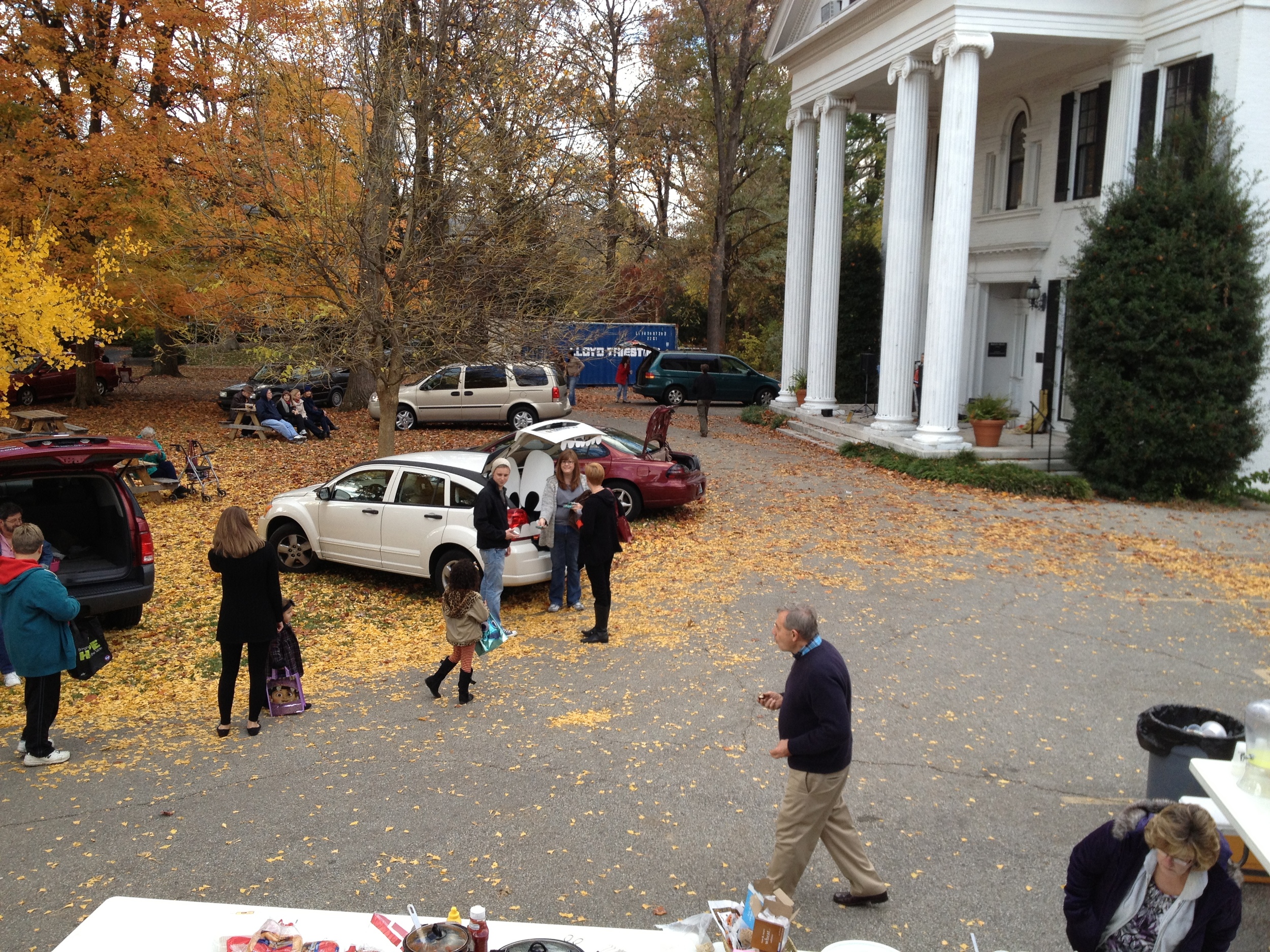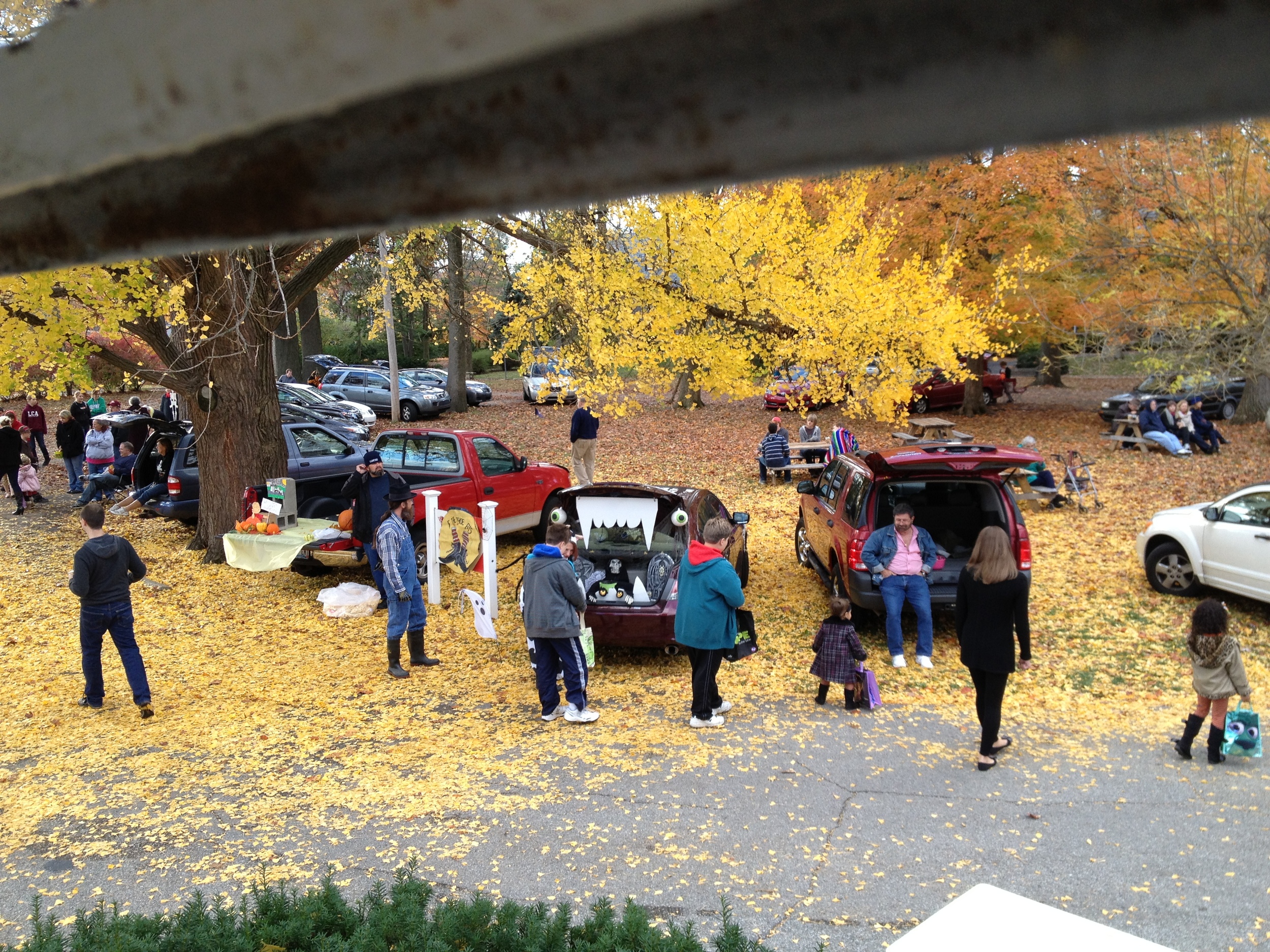By Derek Penwell
Apart from the yearly drag show on Phil Donahue, I had no contact with gay people as a kid. That’s not true, exactly, because as we know now, gay people are always around—which I didn’t know then.
The whole thought of people loving others of the same gender was unfathomable to me as a child. I knew it was wrong, but I’m not sure how I knew.
I don’t remember having a conversation about it with anybody. It wasn’t the kind of conversation we would have had–like we would never talk about the relative advantages of owning a beach house in the Keys over owning a sail boat in Martha’s Vineyard. What would have been the point? Our lives were never going to be touched by it, so why talk about it?
I don’t know if I just picked up a vibe about it, when my parents seemed a little fidgety if we walked in and saw Billy Crystal on Soap.
It could be that I, like every kid my age, was especially familiar with the schoolyard epithets that made their way into our vocabulary as a means of publicly establishing our masculinity.
I don’t know where I learned it, but I knew being homosexual was a bad thing for people to be. I didn’t have to do any soul searching about the issue. I was pretty certain that the whole idea was self-evidently something that any “normal” person could recognize as abhorrent—and by “normal” I meant something like “Christian” (since Christianity was a normative reality in my world).
We now live in a different world from the one in which I grew up. My kids have grown up with children who have two moms and two dads.
Our own minds, my wife’s and mine, have changed over the years regarding this issue. I know that on the rare occasion when we talked about “Charlie’s” moms with our children, we were adamant that love is love, and that “Charlie’s moms love each other like Mommy and Daddy do.” But we never had sit-down lessons on diversity.
Consequently, when my own kids, who are now teenagers, overhear the debate about same gender marriage, they’re confounded. Why is this such a big deal?
I grew up in the aftermath of the Civil Rights movement believing that everybody is created equal, regardless of race. Just a few years before I came onto the scene, however, no consensus existed on the issue. People braved batons and German Shepherds, went to jail, lost their jobs, and died in the streets to establish an understanding of human relationships that I have always taken to be self-evident.
It never occurred to me as a child that anyone still believed that black people were inferior. I didn’t carry the same baggage about the issue of race that my parent’s generation had had to haul around the first part of their lives.
Let me be quick to add that passing the Civil Rights Act didn’t do away with the baggage from my parents’ and grandparents’ generations, but it did at least two things that I can see: 1) it made continuing to hold racist beliefs problematic, and 2) it cleared the cultural air so that continuing to indoctrinate children with racist ideas was not only problematic socially, but also more difficult.
These days, my children don’t have to carry around the same baggage I did on the issue of Lesbian, Gay, Bi-sexual, Transgender, Intersex, and Queer people. They see the propriety of love as an issue unencumbered by concerns about which genders should be paired together, and which pairings should be avoided at all costs.
A demographic divide over the issue of homosexuality has emerged, a divide that continues to grow wider with each passing day. The younger you are, the more likely you are to have no problem with the idea of a man marrying a man, a woman marrying a woman, or a man born in a woman’s body, becoming what she feels she was created to be, etc.
Just the other day I had to come home to tell my children that Charlie died (different Charlie).
Back in the 70s Charlie had been ordained in the church where I serve. He soon left the ministry, however, after meeting Kirby—the love of his life. In fact, he didn’t last long in the church altogether. He just couldn’t take being told that being gay made him unacceptable. Charlie became a corporate executive and moved to Virginia.
After Charlie retired, he and Kirby moved back to Louisville. They’ve been together over thirty-eight years. A former minister at our church, got in touch with Charlie and encouraged him to come back to check out the church that had ordained him so many years before. He did.
Charlie found that much had change since he left. For one thing, our church had voted unanimously the year before to welcome all people, regardless of sexual orientation or gender identity, into full participation in the life and ministry of the church. He loved it, and eventually rejoined.
However, not only did Charlie reconnect with the “kids” from his old youth group (almost all of whom were now parents and grandparents), but he got to know the youth who are in the church today. He talked to them, joked with them, brought donuts for them—in short, he cared about them. Everyone in our church, but especially the youth, loved Charlie.
Charlie died the other day. I had to come home to tell my children. They cried. But their first question was: “How's Kirby?”
According to the statistics, the younger you are the more likely the first question out of your mouth in a situation like this is “How is Kirby?” Because to young people Charlie and Kirby aren’t first gay men, they’re people who’ve spent most of their lives loving and taking care of each other.
In a post-denominational world mainline denominations are going to have to come to terms with the inevitability of having to appeal to young people whose first question upon hearing of the death of someone like Charlie is: “How's Kirby?”

